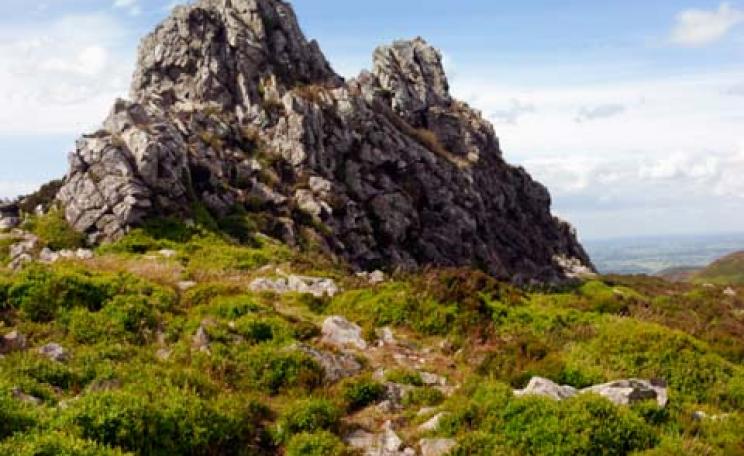In a few days I will fly to Australia, where I will watch that country’s general election with more than a little concern. Concern because Australia - a country that I love - sits uncomfortably at the centre of any potential international agreement about climate change. Concern also because in Australia the potential for agreement on climate change is very uncomfortable indeed.
The reason for both is simple: coal. On one hand, the country is the world’s biggest coal producer – over a quarter of all coal burned is dug up there. So any international climate change deal must factor in Australia if it is to look sensible at all. On the other, coal is the country’s biggest seller. Almost a quarter of all Aussie exports of goods and services are of coal. As a result, resentment to the idea of climate change caused by (coal) pollution runs very deep indeed.
It is hard from Britain, where this argument has long been won, to appreciate quite how bloody the disagreement is on the far side of the world. The last Australian election saw the defeat of a Liberal government who for years had effectively denied there was a problem with climate change at all. The party leader subsequently stepped down and, soon after, his replacement was forced out of office, largely because he wanted to support carbon trading.
On the other side of the despatch box, the new Labor prime minister enjoyed a brief run in office, then hamstrung himself by trying to impose a tax on the country’s mining companies and carbon trading on other industry. He, in turn, was deposed.
No carbon trading policy has been introduced. Until it is, an international agreement will struggle to get off the ground. Instead, on August 21, Australians will go to the polls to vote for two parties that, on climate change at least, are still fighting the same war as the last time round. My money is on the Liberals. My concern is that I might be right. The Liberal leader, Tony Abbot, is a confessed climate change sceptic.
'I don't say there aren't problems, but I refuse to be terrified of the future,' Abbot has said. 'If you look at Roman times, grapes grew up against Hadrian's Wall. In the 1700s they had ice fairs on the Thames. So the world has been significantly hotter, significantly colder than it is now. We've coped.'
Over and out
This will be my last post in this series for the Ecologist; I’ve been writing it for a little over a year and it feels like now is the natural time to call a halt. A year ago, I hoped this blog could provide a voice on the site that would, if not dumbly promote business, at least discuss it in good humour. Environmentalists have in the past stumbled too often into a trap of automatically dismissing the corporation as the enemy, but I remain convinced this is a mistake. Business, simply, is a big, powerful way of getting things done. The smart move is to look at ways to harness that.
In retrospect, I hope, I have provoked you, if only to look at the world afresh. Being given the opportunity to do that has been a privilege, for which I am grateful to my editor, Mark Anslow.
| talking turkey... |
|
|
|
“The purpose of a corporation is to be selfish. That is law"
- Pavan Sukhdev, study leader of The Economics of Ecosystems and Biodiversity (TEEB) report |
 |
|
| READ MORE... | |
 |
COMMENT We scare people off by talking about 'degrowth' The French have a much better word for it: 'decroissance'. Using ugly and frightening terms like 'degrowth' won't help pave the way for a new and exciting economics |
 |
COMMENT Will putting a price on nature put environmentalists out of a job? The launch of the massive economic ecosystem assessment, TEEB, will help force the natural world onto the corporate balance sheet. It's a step forward. But how will protesters react to the ground shifting under their feet? |
 |
COMMENT The link between BP, geoengineering and GM BP won't stop at dangerous deep water drilling: the company is bent on still more dangerous projects, including genetic modification and hacking the planet's atmosphere... |
 |
COMMENT Economists think they are invulnerable and intellectually superior. We all suffer for it 'Rational Economic Man' can be a useful mathematical construct. The trouble is, far too many economists seem to have taken him to their heart, and now believe him to be real |







